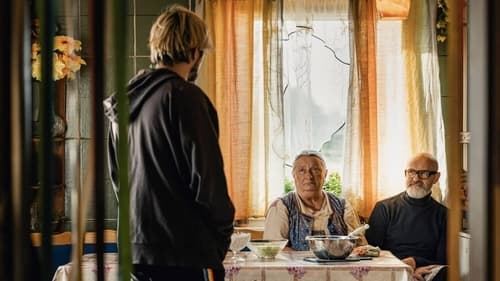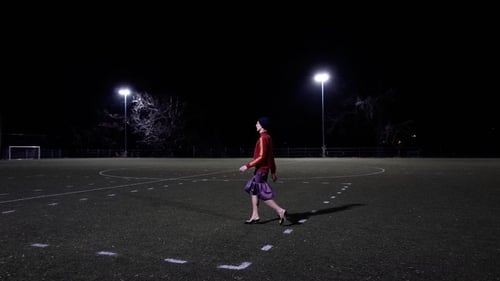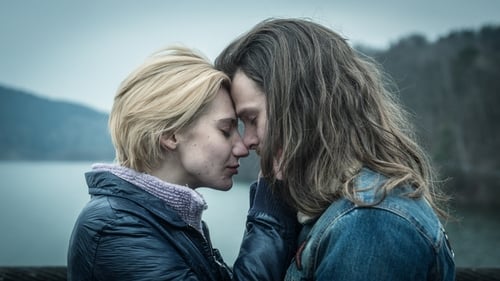Dawid Nickel
Nascimento : 1988-11-03, Kędzierzyn-Koźle, opolskie, Polska

Cinematography
Filipka, a person of fluid gender identity, is preparing for their first stage performance. However, they are more concerned about their conservative parents' opinion than the reaction of a crowd of strangers.

Director
Filipka, a person of fluid gender identity, is preparing for their first stage performance. However, they are more concerned about their conservative parents' opinion than the reaction of a crowd of strangers.

Directors Katarzyna Iskra and Justyna Pelc encourage several characters to surrender themselves to the hands of a therapist offering non-erotic touch sessions. The soothing effect of this unusual procedure also affects us, reminding us that cinema has the potential to be not only a space for reflection but also relaxation.

ministrant
Daniel is respected by his village community as long as he bravely supports the fight for their affairs. He is in love with the boy next door, Olek, who is not ready to reveal his sexual identity. Their relationship develops in secret. When a teenage friend can no longer take homophobic attacks and commits a suicide, Daniel tries to convince the villagers to organise a service of the Stations of the Cross together for the intention of the victim.

Screenplay
It's the last week of school in a small polish town's junior high school. Waiting for the final party, several students pass the time at a city pool, as if anticipating the emotional whirlwind they are about to experience. The action takes place somewhere in Poland, where ‘LGBT free zones’ are a reality in 2020. It’s a story about young people, their problems and romantic endeavours in the era of the Internet and social apps, when creating genuine relationships is unnaturally difficult.

Director
It's the last week of school in a small polish town's junior high school. Waiting for the final party, several students pass the time at a city pool, as if anticipating the emotional whirlwind they are about to experience. The action takes place somewhere in Poland, where ‘LGBT free zones’ are a reality in 2020. It’s a story about young people, their problems and romantic endeavours in the era of the Internet and social apps, when creating genuine relationships is unnaturally difficult.

Assistant Director
It is night in Warsaw. Two very different homes. In one, a father watches sports lying on the sofa, expecting the son to do the same. In another apartment, a wealthy-looking mother sits at the table to dine with her daughter, completely different from her. At the same time, the boy and the girl embark on a nocturnal adventure of transformation, during which they strip off the various stratifications of gender that they have inherited. The streets of the city are transformed into a liberating walkway. When by chance they meet – face to face, body to body – they mirror each other in silence, offering comfort, safety.

A identidade é o prinicpal tema do novo filme da diretora polonesa Malgorzata Szumowska que fala sobre o angustiante conflito existencial de um homem que sente que perdeu-se de si mesmo após um radical transplante facial.






